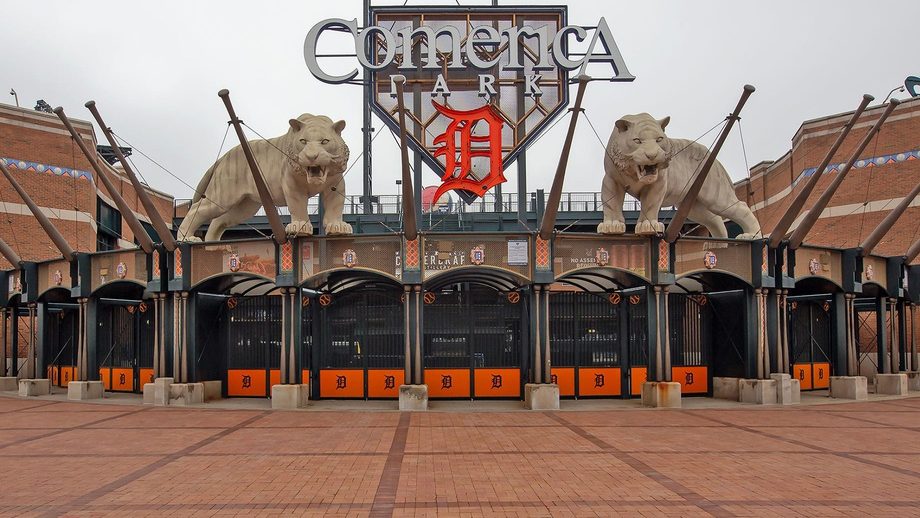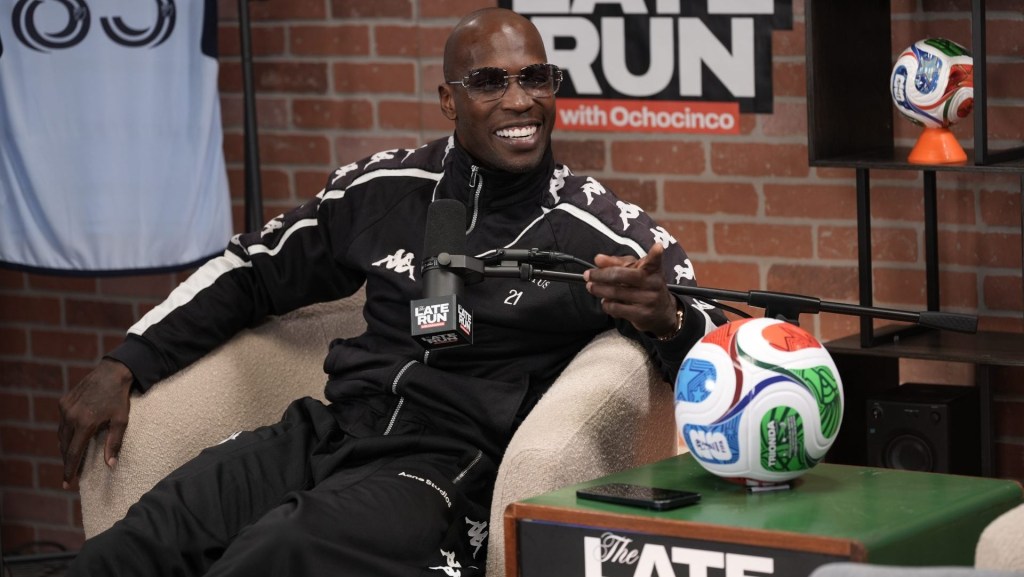The Charter Spectrum-Disney distribution battle is just days old, but some consumers — and even top-ranked tennis pros — are resorting to piracy to keep up on sports.
Daniil Medvedev, the world’s third-ranked men’s player, acknowledged he’s turned to perhaps illegal websites to keep up with the tennis major in which he’s taking part.
“I guess in a lot of hotels, they have Spectrum, so I cannot watch it on TV anymore,” said Medvedev, who defeated No. 8 Andrey Rublev in the quarterfinals on Wednesday afternoon. “I don’t know if it’s legal or illegal, but I have to find a way because I cannot watch it on TV — so I got [the] internet, and probably pirate websites or something, [and] I watched tennis there. I have no other choice.”
There has been no significant progress in talks between Charter and ESPN parent Disney since 19 Disney channels — including ESPN, ESPN2, and ESPNU — went dark on the country’s second-largest cable carrier on Aug. 31.
ESPN has since started a heavy promotional offensive to encourage consumers to seek alternate providers, while Charter is pursuing a redefinition of what has been the traditional cable bundle. The network has also quietly started giving secure online logins to tournament action to U.S. Open players, including Medvedev, and some media.
“The consumer wants simplicity, aggregation, and the most bang for their buck. This dispute is putting tension around some of those issues,” said Brian Roberts, CEO of Comcast, the country’s largest cable carrier. “I hope they work it out … Each company is dealing with their version of this transformational moment.”
Charter, meanwhile, has also been hit with a class-action lawsuit in Florida from subscribers as the dispute continues.
Despite the ongoing blackout of ESPN networks for 14.7 million subscribers, the network’s Sept. 3 coverage of Florida State-LSU drew an average of 9.5 million viewers, its best Labor Day Sunday college football game since 2016.
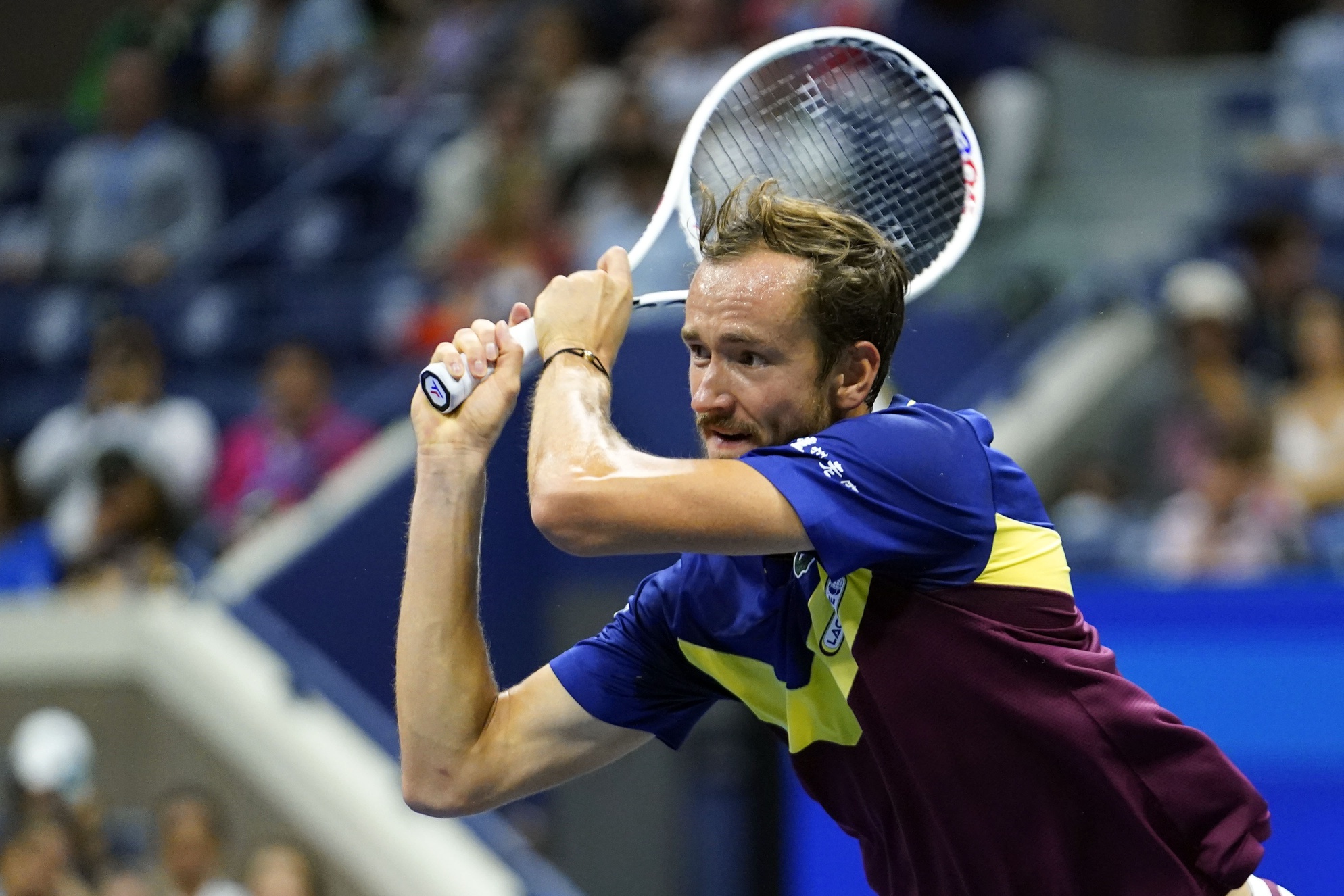


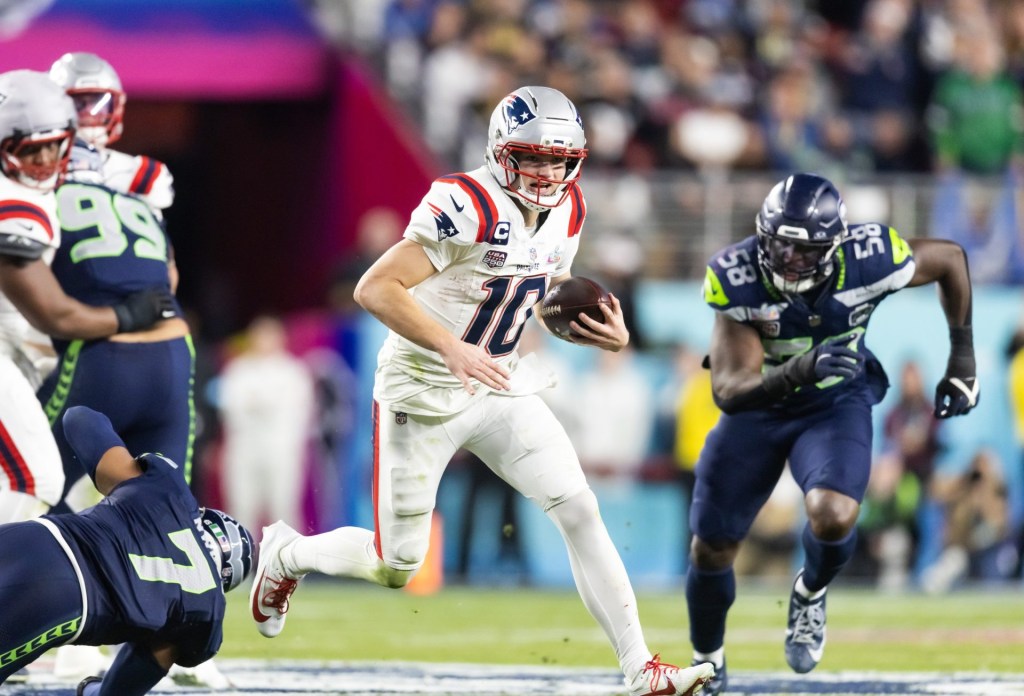
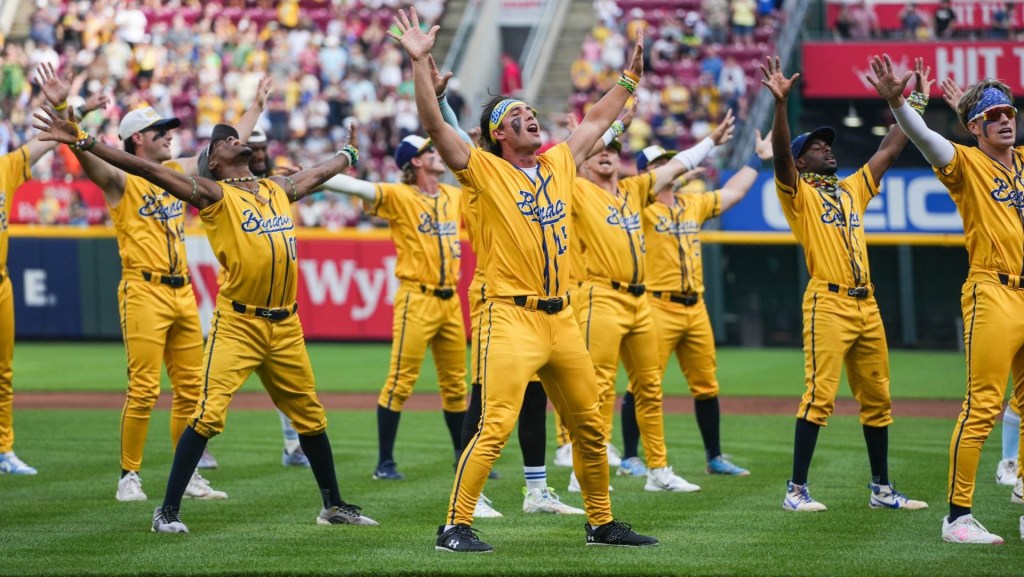


![[Subscription Customers Only] Jun 15, 2025; Seattle, Washington, USA; Botafogo owner John Textor inside the stadium before the match during a group stage match of the 2025 FIFA Club World Cup at Lumen Field.](https://frontofficesports.com/wp-content/uploads/2026/02/USATSI_26465842_168416386_lowres-scaled.jpg?quality=100&w=1024)
![[Subscription Customers Only] Jul 13, 2025; East Rutherford, New Jersey, USA; Chelsea FC midfielder Cole Palmer (10) celebrates winning the final of the 2025 FIFA Club World Cup at MetLife Stadium](https://frontofficesports.com/wp-content/uploads/2026/02/USATSI_26636703-scaled-e1770932227605.jpg?quality=100&w=1024)


